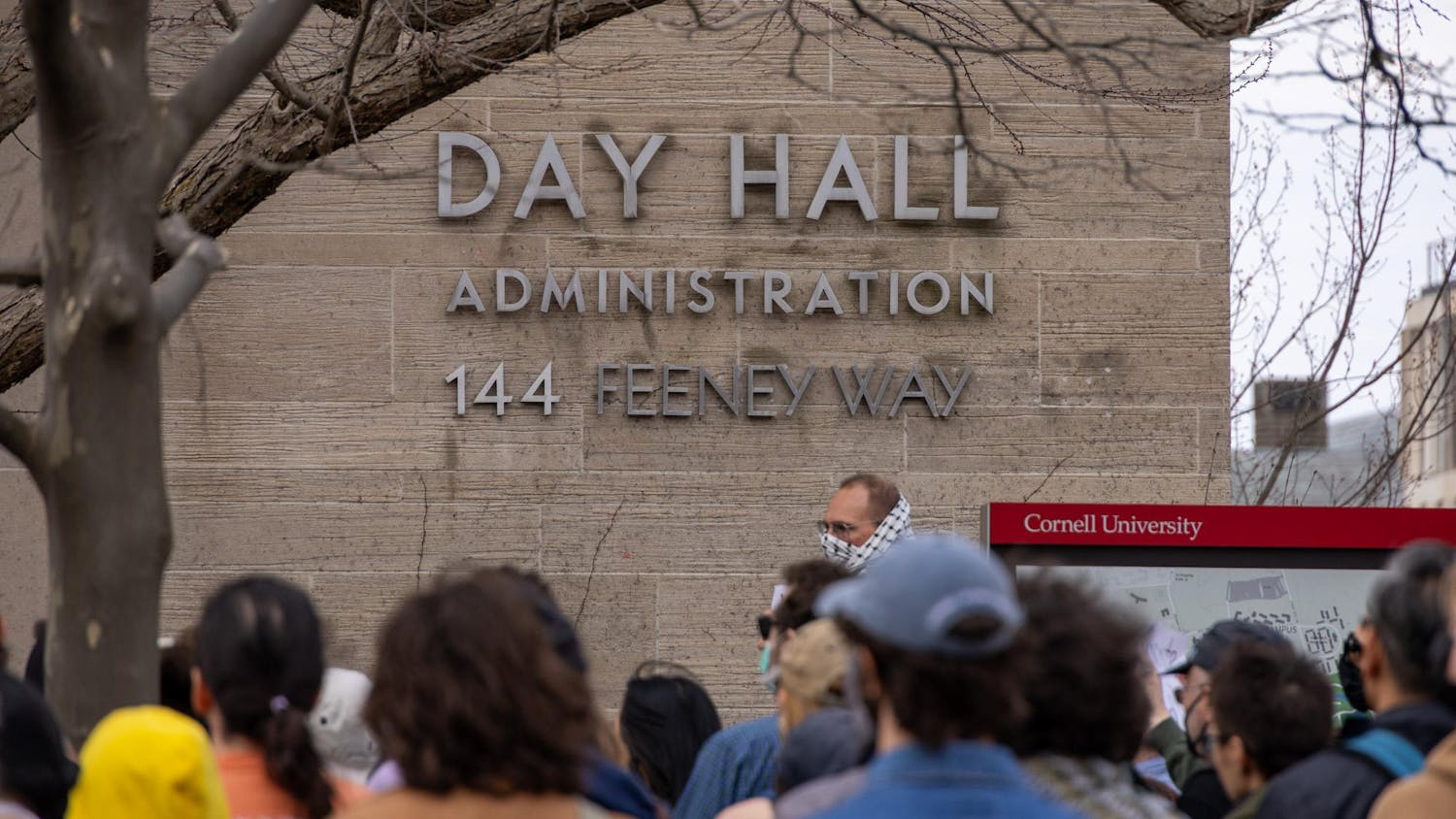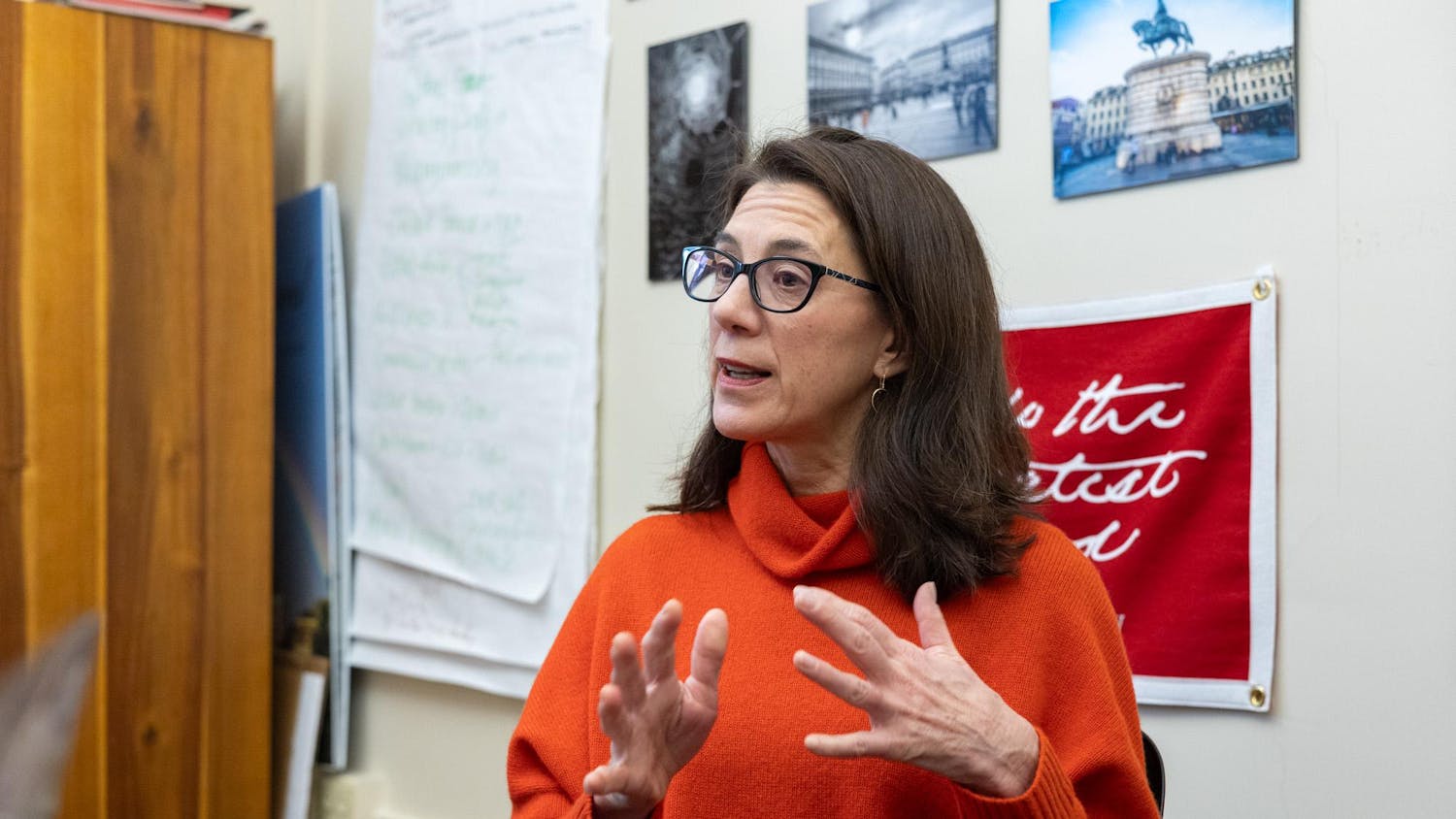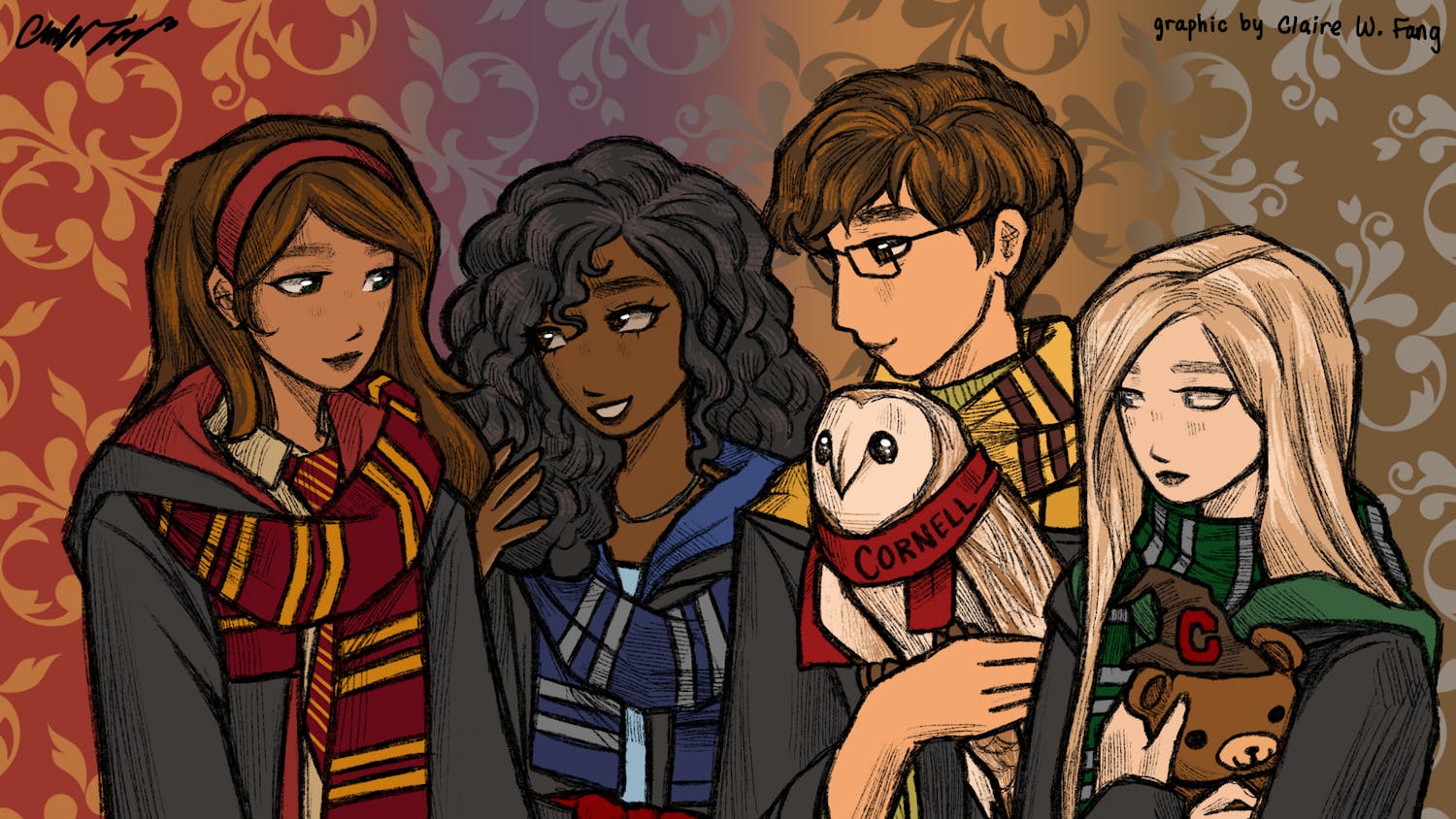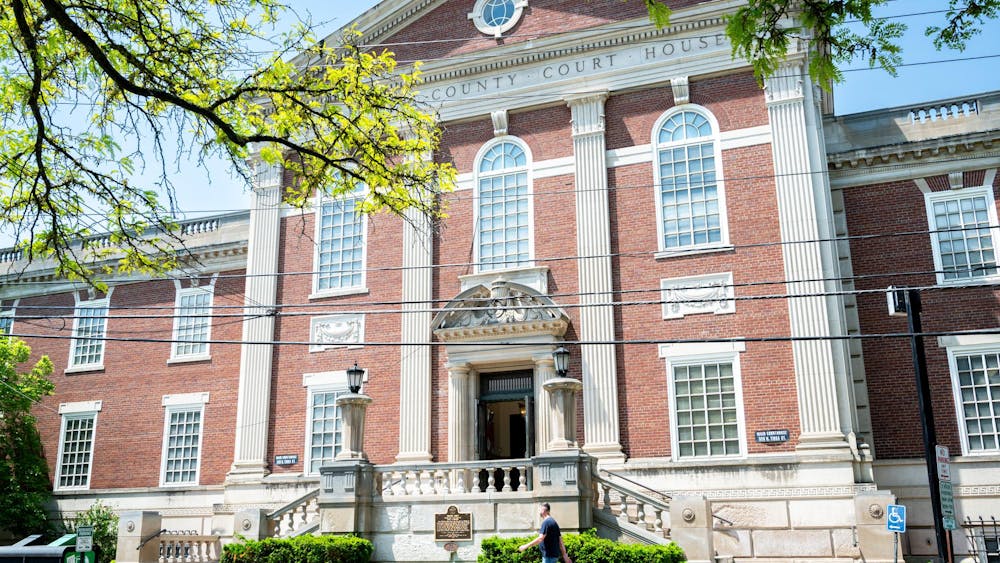Three Cornell professors are among dozens of scholars defending a New York University professor who was found by NYU to have sexually harassed her former student in a unique #MeToo case that has garnered widespread attention in academia and elsewhere.
In the letter to NYU’s president and provost, 51 scholars including Profs. Jonathan Culler, Cathy Caruth and Cynthia Chase, all English and comparative literature, testified to the character of NYU Prof. Avital Ronell, German studies and comparative literature, and highlighted her standing within academia. NYU has suspended Ronell for the academic year after finding that she had sexually harassed a former graduate student.
Nimrod Reitman, the former student, said Ronell had kissed and touched him, slept in his bed, and constantly sent him messages. Ronell was reportedly cleared by NYU of Reitman’s allegations of sexual assault, stalking and retaliation.
Caruth and Chase declined to be interviewed by The Sun, but Culler defended his signing of the letter, saying the language Ronell used in emails with her former student — in which she called him “cock-er spaniel” and “my most adored one” — was commonplace in her style of correspondence.
“I certainly don’t regret signing Judith Butler’s letter in support of Avital Ronell, at a time when, we were told, NYU was trying to fire her,” Culler wrote in an email. “While Professor Ronell’s emails are clearly unprofessional and call for action by NYU, I don’t believe the accusations of sexual misconduct. Professor Ronell certainly does write over-the-top emails, as all her correspondents know.”
Culler pointed out what he said was a lack of evidence surrounding certain claims and the importance of exercising caution when dealing with accusations of sexual misconduct in the #MeToo era.
“The lengthy NYU investigation found her guilty of sexual harassment solely on the basis of the inappropriate emails,” Culler said. “If any of the sexual contact alleged by the complainant had taken place, there would doubtless have been references to it in the emails, which are scarcely reticent. For me it is a worrying feature of the #MeToo era that any questioning of the accusations or defending the accused seems to be considered culpable in itself.”
The 51 scholars wrote in the letter: “We testify to the grace, the keen wit and the intellectual commitment of Professor Ronell and ask that she be accorded the dignity rightly deserved by someone of her international standing and reputation.”
Caruth said she understands “the general interest in this letter, but I feel it is too complex to be handled adequately through an interview for an article.”
Chase also declined to be interviewed but sent an unpublished letter written by Ronell’s lawyer, Mary D. Dorman, to The New York Times in response to an August article about the controversy following the findings against Ronell, who is a lesbian and feminist scholar.
“This heavily-biased article is deeply skewed to deprecate my client. It highlighted as fact Reitman’s allegations of unwanted sexual contact, even though they had been determined to be unfounded after an eleven-month Title IX investigation,” Dorman wrote. “This was irresponsible, gratuitous and unethical. As a result, Ronell and anyone who dares support her has been subjected to widespread and vicious criticism.”
In the scholars’ letter, the professors wrote about the damage the case could have on Ronell’s reputation, which critics saw as mirroring language used to discount women’s accounts of sexual abuse.The professors wrote of their “profound and enduring admiration for Professor Ronell" and said it would be an injustice should she be “terminated or relieved of her duties” and the loss that academia would experience as a result.
“She deserves a fair hearing, one that expresses respect, dignity and human solicitude in addition to our enduring admiration,” the authors wrote.
Ronell has denied harassing Reitman.
“Our communications — which Reitman now claims constituted sexual harassment — were between two adults, a gay man and a queer woman, who share an Israeli heritage, as well as a penchant for florid and campy communications arising from our common academic backgrounds and sensibilities,” she wrote in a statement to the New York Times. “These communications were repeatedly invited, responded to and encouraged by him over a period of three years.”
Reitman launched a 56-page lawsuit earlier this month against NYU and Ronell, stating that “Reitman’s dreams of working with a world-class scholar … turned into more than three years of continuous and unabated sexual harassment, sexual assault and stalking.”











